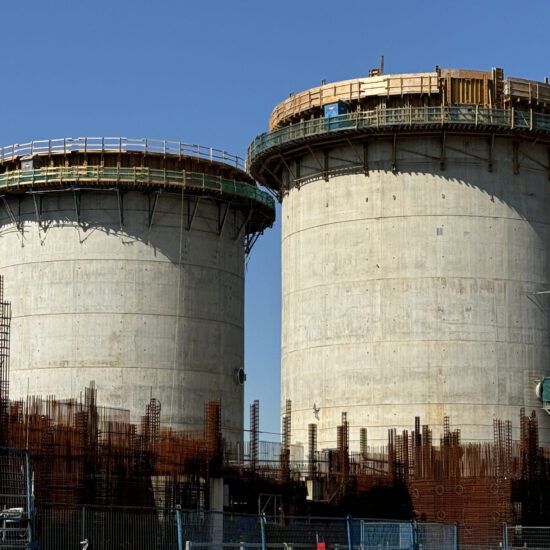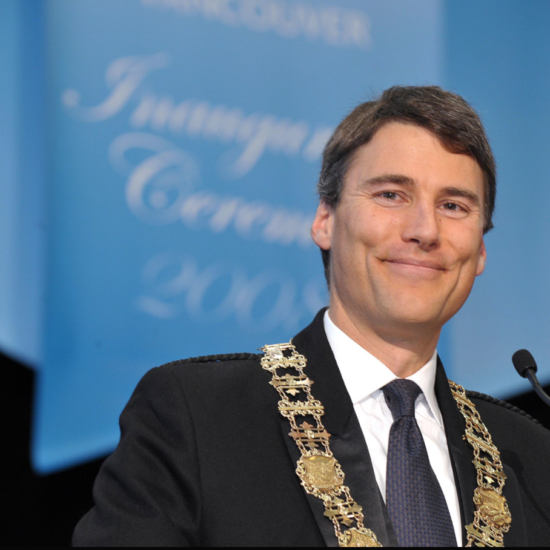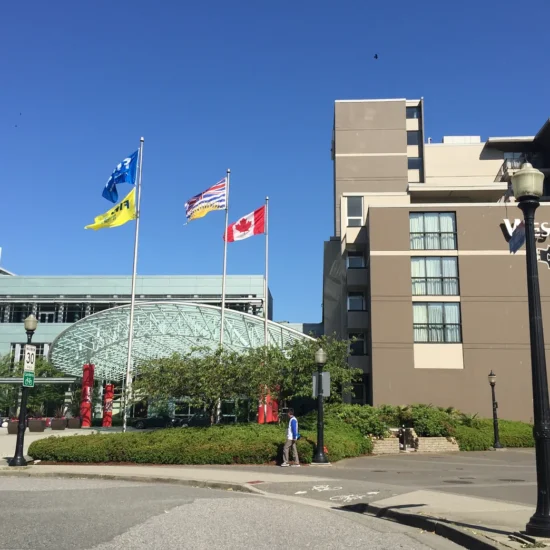
Bob Mackin
At the March 19 emergency meeting, Richmond medical officer Dr. Meena Dewar told city councillors that there were eight cases of coronavirus in their jurisdiction.
If there were eight in Richmond, how many could there be in Vancouver?
What about Surrey?
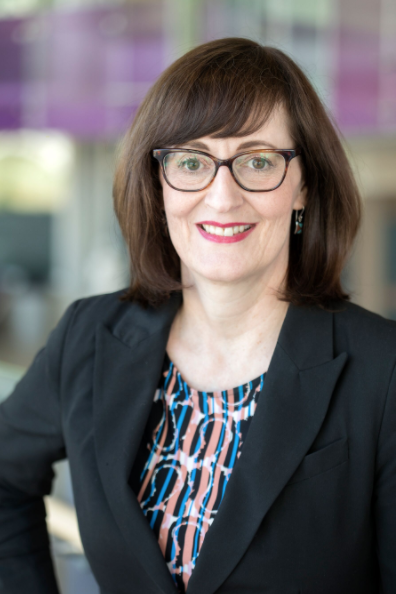
Dr. Patricia Daly (VCH)
How many people have been hospitalized with coronavirus in the province’s two biggest cities?
The answers to those questions are provincial government secrets.
Provincial Health Officer Dr. Bonnie Henry and Health Minister Adrian Dix and their subordinates only provide statistics based on the regional health board catchment area, unless there is an outbreak at a specific location, such as Lynn Valley Care Centre in North Vancouver. Eleven of the 46 residents infected have died and two-dozen workers have become ill.
During a March 26 news conference at Vancouver city hall, Dewar’s boss, Vancouver Coastal Health chief medical officer Dr. Patricia Daly, explained the communications plan.
“We are no longer providing details about the number of positive cases, as we changed our testing strategy those numbers are less meaningful,” Daly said, in response to a question from theBreaker.news. “We did identify to some communities early on that they had identified cases, but now with our changing testing, because we are not testing most people with COVID19 — including returning travellers who get sick, people with mild disease in the community — those numbers have become meaningless.”
March 12 was the last time the Ministry of Health provided an anonymized, case-by-case list with patient demographics and condition, including whether the patient contracted the virus by travel in a certain country or in the community. Ontario’s Ministry of Health continues to provide such information on a daily basis.
“I wish people would stop thinking about whether or not there is a positive case in their community and understand the message that we need to assume that COVID19 is circulating in all communities at this time,” Daly said.
theBreaker.news questions to Daly followed March 25 interviews with Surrey’s fire chief Larry Thomas, the president of the Surrey Firefighters Association, Mark McRae, and Coun. Jack Hundial. None of the trio had been briefed on Surrey-specific cases. They said they were provided the same Fraser Health regional numbers that Dix and Henry release daily.
Sean Holman, a journalism professor at Mount Royal University in Calgary, said the public has a right to know, especially in a crisis.
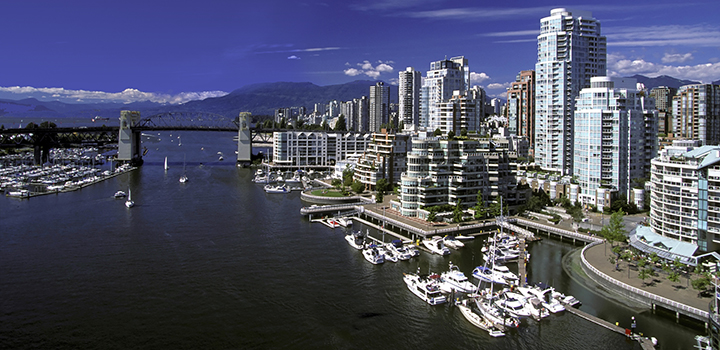
(City of Vancouver)
“If people can get a better sense about how much infection there is in their local geographic area, they can act accordingly and we really do want people to, in this time of crisis, be acting in accordance to the risk around them,” Holman said in an interview on theBreaker.news Podcast. “We want people to be self-isolating, we want people to be socially distancing, we want people to be thinking about the larger community, as opposed to thinking about their own individual safety. By disclosing that type of information, we can allow for those kinds of measures.”
Vancouver and Surrey are rather large communities. The eighth and 12th biggest municipalities in Canada, according to the 2016 Census, with a combined 1.2 million citizens.
They are also part of two larger health regions. Fraser Health counts 1.8 million people in its jurisdiction, which stretches from Burnaby to Hope, and as far south as the Canada/U.S. border.
Vancouver Coastal’s catchment area extends from Bella Bella to Richmond, including Vancouver General Hospital and St. Paul’s Hospital. The area is home to 1.2 million people.
Together, the two health authorities boast 3.05 million of B.C.’s 5.1 million people.
Meanwhile, on March 25, the World Health Organization director general Dr. Tedros Adhanom Ghebreyesus called on countries that have introduced so-called lockdown measures, such as Canada, to follow six key actions.
One of the WHO-recommended measures is to “implement a system to find every suspected case at the community level.”
“These measures are the best way to suppress and stop transmission, so that when restrictions are lifted, the virus doesn’t resurge,” Ghebreyesus said.
Tedros’s words came the week after Dr. Michael Ryan, executive director of the WHO Health Emergencies Programme, said “every suspect case should be tested, their contacts identified.
“If those contacts are sick or showing symptoms, they should be tested. That requires a scale-up, because many countries have not been systematically testing all suspect cases, and it’s one of the reasons why we’re behind in this epidemic,” Ryan said.
B.C. is taking a different path than what is prescribed by the WHO.
“You don’t need to identify every case to take measures to prevent the spread of the virus,” Daly said.
“Now that we know the virus is circulating in communities there is no need to test everybody who might have mild disease, in fact doing so may put others at risk,” she said. “Right now we have every returning traveler self-isolating at home for that two-week period, if they get symptoms and they go out to a test site, they may expose other people who are not infected to the virus.”
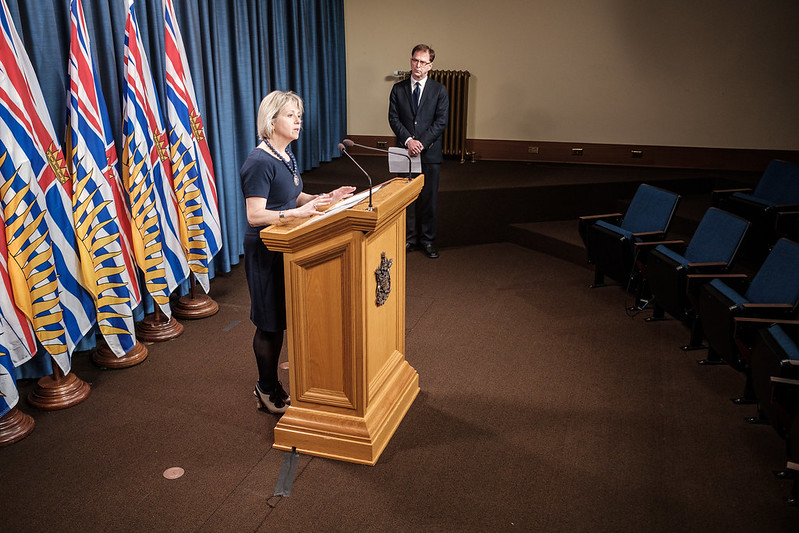
Dr. Bonnie Henry (left) and Adrian Dix on March 26 (BC Gov)
Instead, B.C. has recommended anyone with symptoms to stay home and don’t go out, even to seek testing. Daly said those who present at hospitals with severe symptoms will be tested and testing will be conducted to identify outbreaks, as well as for healthcare workers.
“That is what we call a smart testing strategy, you are not required to identify every case to control the spread of this,” Daly said, pointing to China as an example.
UPDATE: In a March 28 YouTube video, a Royal Columbian Hospital emergency room physician accused B.C. officials of “low-balling” the numbers because there is no widespread testing for suspected cases of coronavirus.
“One of the frustrations that we’re seeing as frontline providers, that’s the fact that based on our current resources we are very much under-testing the population,” said Dr. Sean Wormsbecker.
“We’re unfortunately not performing to the kind of standards that were met at other countries that have been able to effectively flatten the curve so to speak,” he said. “We can’t use those countries like Singapore or Korea as a benchmark for what we can expect to come. If anything, I think we have to unfortunately look more to countries that haven’t done as well, because we simply aren’t at that standard of quarantine, we’re not at that standard of social isolation, we are definitely not at that standard of testing.”
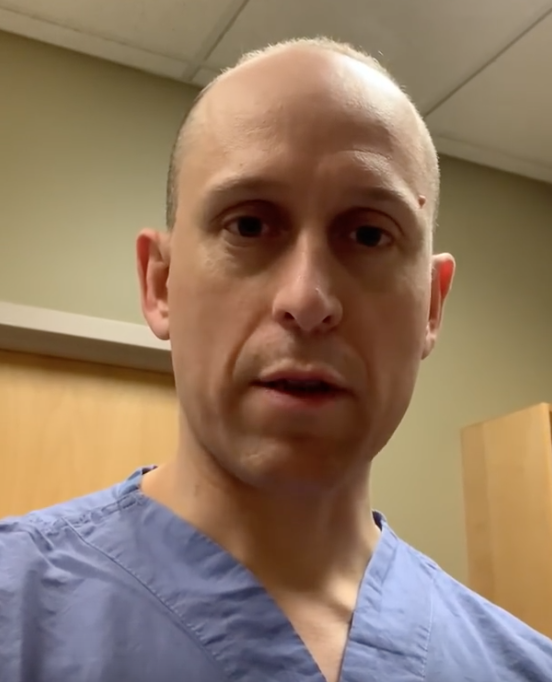
Dr. Sean Wormsbecker (YouTube)
On March 26, Dix and Henry said 725 people had tested positive for coronavirus in B.C., including 359 in Vancouver Coastal, 241 in Fraser Health and 62 in Interior Health. Nine long term care homes are sites of outbreaks, with Haro Park in Vancouver’s West End suffering 58 infections. There are 66 people hospitalized, of which 26 are in intensive care. Meanwhile, 186 people have recovered.
The province also said that 26,681 individuals had been tested as of March 23 and the labs have capacity to test 3,500 per day.
However, a source not authorized to speak to reporters told theBreaker.news that the latest internal report shows a backlog of more than 2,000 samples.
Last week, Henry said the backlog was “in the hundreds” and on the way to being cleared. It was actually as high as 6,600 on March 19.
The pandemic has ground Canada’s economy to a halt. British Columbia is under a provincial state of emergency and the NDP minority government passed a $5 billion aid package earlier this week.
The federal government has agreed to a $107 billion aid package, in order to soften the blow of a sudden recession caused by draconian disease-control measures inspired by China, where the virus originated in Wuhan city last November.
- Looking for information on how to keep yourself and others healthy amid the coronavirus pandemic? Do you have symptoms? Click here for all you need to know, from HealthLinkBC.
Support theBreaker.news for as low as $2 a month on Patreon. Find out how. Click here.







